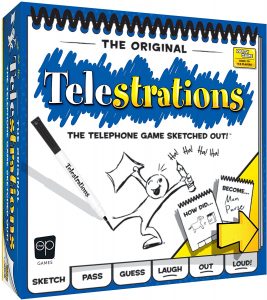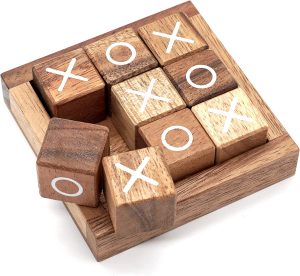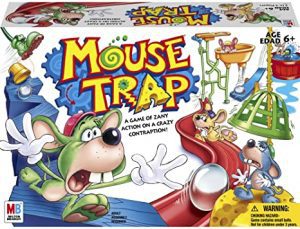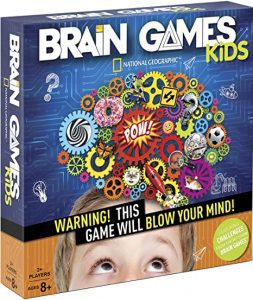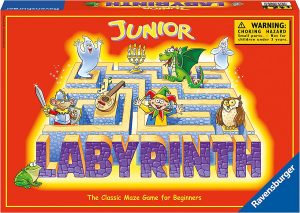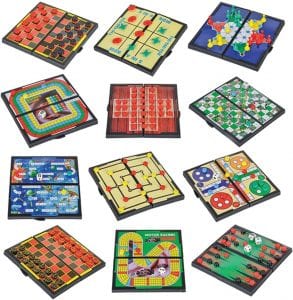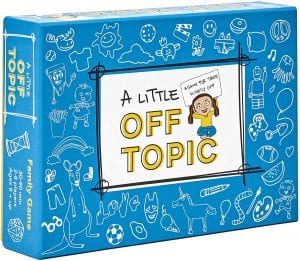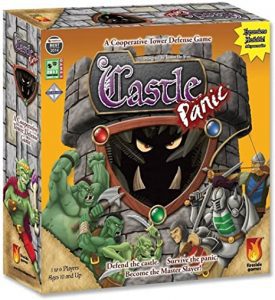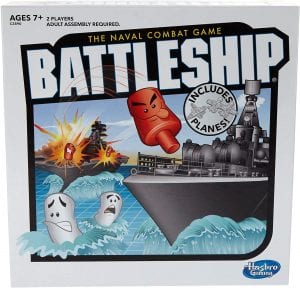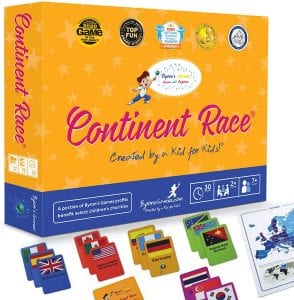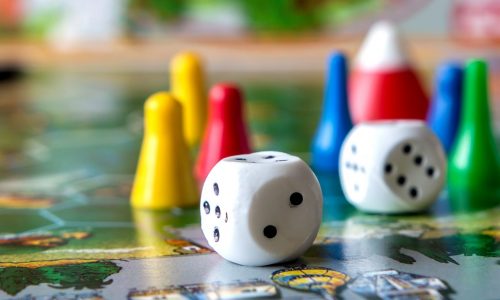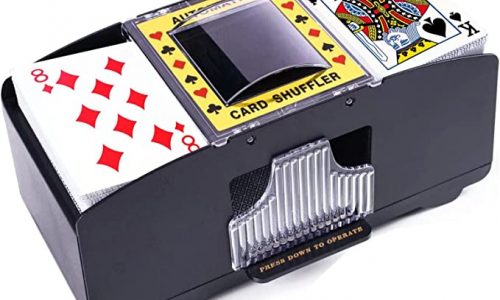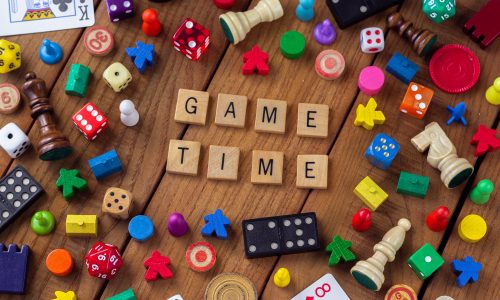The Best Board Games For Kids 7 & Up
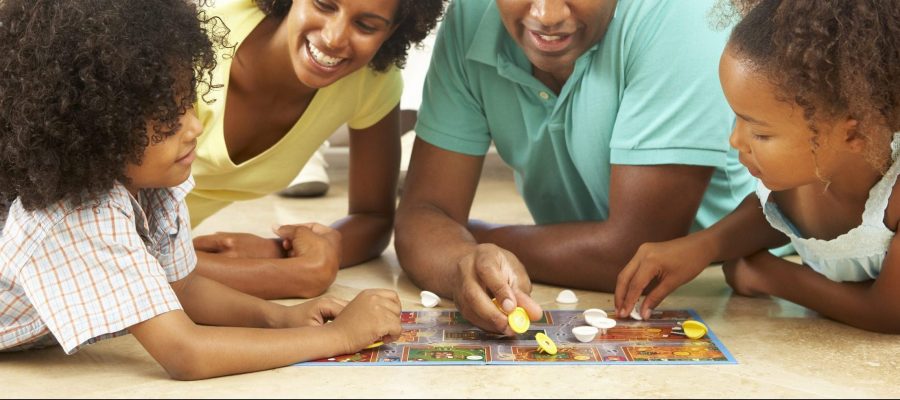
Our Review Process
Don't Waste Your Money is focused on helping you make the best purchasing decision. Our team of experts spends hundreds of hours analyzing, testing, and researching products so you don't have to. Learn more.
Our Picks For The Top Board Games For Kids 7 & Up
- 1. USAopoly Telestrations Party Board Game For Kids 7 & Up
- 2. BSIRI Wooden Tic Tac Toe Board Game For Kids 7 & Up
- 3. Hasbro Classic Mouse Trap Board Game For Kids 7 & Up
- 4. Buffalo Games Logic Cards Brain Board Game For Kids 7 & Up
- 5. Ravensburger Labyrinth Maze Board Game For Kids 7 & Up
- 6. University Games Dog Man Funny Board Game For Kids 7 & Up
- 7. Gamie Mini Magnetic Board Game For Kids 7 & Up
- 8. Off Topic Party Card Game For Kids 7 & Up
- 9. Fireside Games Castle Panic Customizable Board Game For Kids 7 & Up
- 10. Hasbro Battleship Portable Board Game For Kids 7 & Up
- 11. Byron’s Games Continent Race Interactive Board Game For Kids 7 & Up
No family fun night is complete without this board game for kids 7 & up. Players take turns between drawing an image of a word or phrase and listing the image that they see in words. Comparing the first sketch with the last is sure to cause a few belly laughs.
Leaves You in StitchesIf you're searching for a board game for kids 7 & up that will leave you in stitches, grab this sketchbook and word card set!
This board game for kids 7 & up is made from solid wood and looks great on a coffee table. Guests and family alike will enjoy the strategic game, which doesn't take too much time to complete. The board is also small in size, making it perfect for family road trips.
Budget-Friendly PickYou'll love the affordable price tag on this board game for kids 7 & up, which also makes it an excellent gift option.
Parents will love sharing this classic board games for kids 7 & up with their children. The game requires players to take turns building traps to capture their opponent's mouse. Kids learn how to strategize, while also practicing a bit of engineering skills.
Stands the Test of TimeThis board games for kids 7 & up accommodates up to four players.
If your child loves a good mental challenge, then this board games for kids 7 & up is an excellent option. The game includes 128 cards with challenges to complete, a card holder, a game board, Game Board and six pawns. Players will need to complete puzzling and brain teasers in order to move across the board. The first to the finish line wins!
Most StimulatingThis board games for kids 7 & up and up is also a great choice for parties, as you can play with teams.
Buying Guide
The grade school years hold a lot of milestones for kids. Not only are they learning essential skills such as math and reading, but they’re also growing even faster socially and testing out ways to interact with kids their own age.
While they’ll do the bulk of this learning at school, there’s an easy way you can help them with all of the above. Game night can be a great way to help kids develop a wide range of talents and an even better way to keep you connected with your kids.
Of course, we’re not talking video games here. They can be great in moderation, but board games offer a way to get the whole family involved — if you can pick the right game. When you have a wide range of ages in the household, that’s not always easy.
Every parent wants their kids’ fun to be mixed with a bit of education, but don’t worry too much about that aspect when it comes to very young kids. Even a game of pure luck like “Candy Land” or “Chutes & Ladders” can help your child develop emotionally as they learn the concepts of fair play and sportsmanship (not to mention simple counting skills). First and foremost, you’ll want a game that is easy to set up and learn so that your young opponents don’t lose interest before the game has even begun. And while lots of shiny and colorful game pieces can attract their attention, they can also get lost easily. Board games these days can be pricey, and you don’t want your first game to be your last.
As kids get older, you can focus on games that might teach a specific skill, but they don’t have to be explicitly “educational.” Competition can bring out the best in kids if it’s properly directed. Kids will actually want to learn their numbers if it helps them beat Mom at “Uno,” for instance, or start reading better once they have deciphered those “Monopoly” cards for themselves.
To ensure that kids are involved, let them pick out the games that you buy or play on any given night. Remember, what they play isn’t as important as the fact that they’re playing at all.
What to Look For
Watching your kids win a board game might be fun, but the flip side of that coin might mean pouting at best and a tantrum at worst. Most child psychologists say that you should take the good with the bad and let your child lose. If it’s handled properly (i.e., without gloating), letting your kids deal with a tough loss teaches them resilience — and that rules in life (or in “The Game of Life”) really matter.
More to Explore
The name Milton Bradley is synonymous with board games these days, and for good reason. The company started off strong with “The Game of Life,” invented by Bradley himself. Today, you can still play that game, or a much more modernized version of it. The latest iteration of “Life” does away with paper money in favor of credit cards that you can actually swipe.

